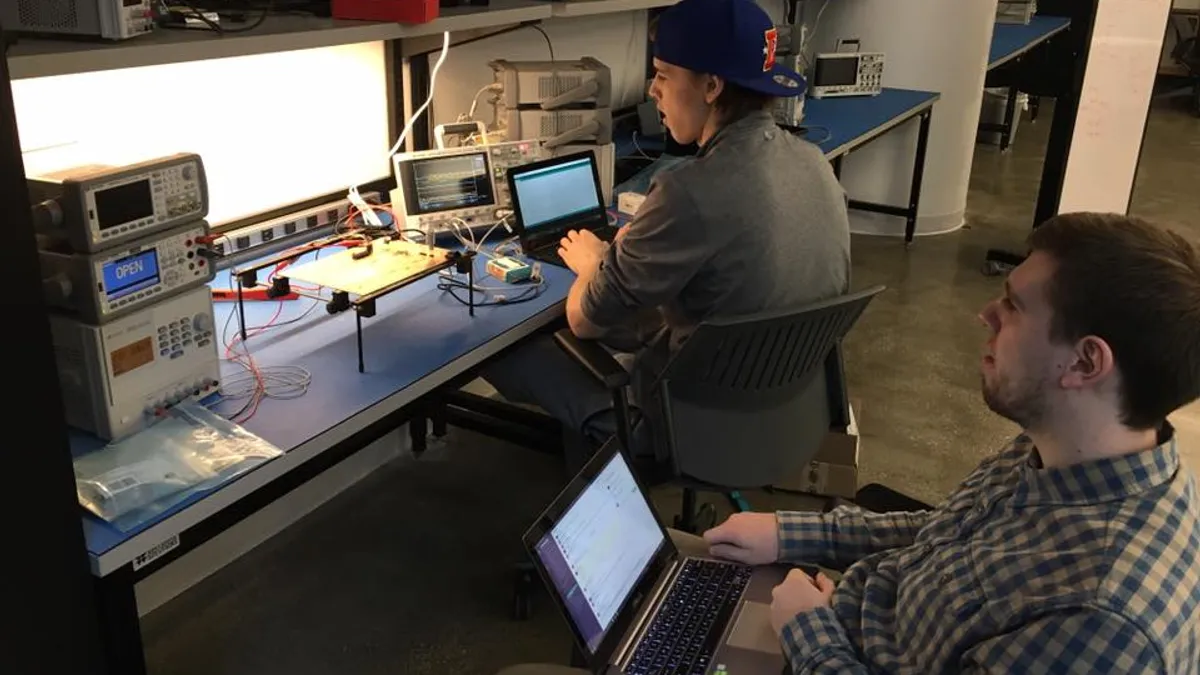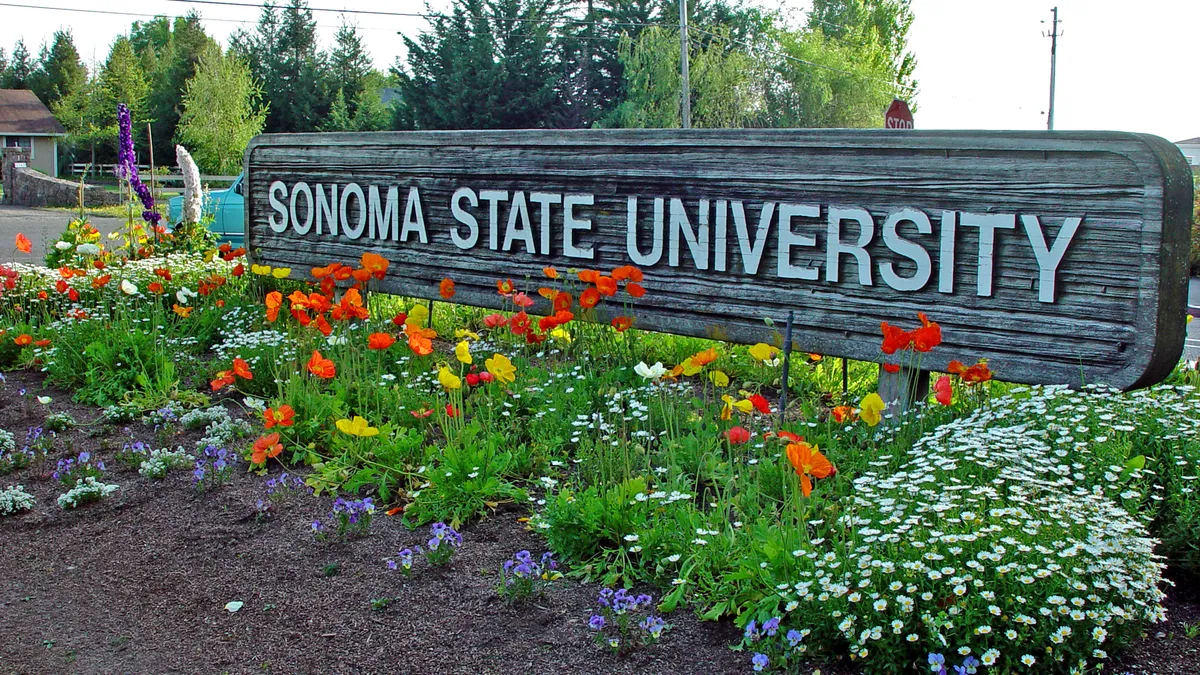A group of undergraduate engineering students at New York University is working with industry mentors, faculty members and each other to design a high-speed pod that could contribute to the future of travel. Some of their peers are designing a standalone system that will be able to turn used plastic bottles into 3D printing material. Others are exploring the potential for emerging technologies and their interactions with humans to contribute to innovative health care.
These projects are among the first to be tackled by participants in NYU’s Vertically Integrated Projects program. The VIP Consortium includes two dozen universities in the U.S. and abroad, all bringing students, faculty members and industry professionals together to solve problems and, ultimately, have a societal impact. At NYU, the program is in its first year.
Undergraduates get one credit per semester for their participation and are expected to commit at least three semesters to their project. The competitive program asks faculty members to describe problems they’re trying to solve and then oversee a team of qualified students who sign up to work on them.
Peter Voltz, associate dean for undergraduate and graduate academics in the Tandon School of Engineering and director of the VIP program, said school leaders have been trying to incorporate more project-based work and experiential learning into the undergraduate curriculum. VIP is not required, but already it seems to be setting students up to have an edge in the job market.
“These days it’s not really possible to cover everything that a student needs in a curriculum,” Voltz said. “This kind of experience really provides industry with students that know how to get things done and know how to learn.”
Instead of posing problems to students, telling them how to solve them, and then grading their ability to do so, the VIP program asks students to brainstorm solutions on their own. They are trying to solve problems that do not have solutions yet.
Voltz said students who have already started interviewing for jobs report their prospective employers are more interested in their experiences in the VIP program than their grade point averages. That may help students who don’t look as good on paper. Voltz said faculty members leading projects through the VIP program have already noticed students with lower GPAs can be among the top performers on their teams.
One of the goals of asking students to commit to three semesters is so they can grow throughout the program. At the beginning they are mostly the beneficiaries of mentorship opportunities, but as they become more experienced, they take on more responsibility and turn into leaders who can help bring new team members up to speed.
The program prioritizes an integrated approach, which, besides bringing together real-world problem-solving with classroom learning and a diverse age range and experience level of team members, integrates students across disciplines.
“It gives them a chance to work with each other,” Voltz said, “just as they’d be expected to do collaborating on large, multidisciplinary projects out in the work world.”
Kyle Casey, a 23-year-old senior with a mechanical engineering major and aerospace engineering minor, is among those students working to shape the future of transportation. He started working on the project last year through NYU Hyperloop, which was folded into the VIP program this past fall.
Casey and his teammates are competing in Elon Musk’s annual design competition that seeks out the best prototypes for a scalable pod that could transport cargo or passengers in Musk’s Hyperloop. And Casey’s own progress on the team illustrates the opportunity to go from mentee to mentor in these project environments.
“I started out working on air bearings then moved to a subsystem lead on secondary braking,” Casey said via email. “As of this February, I am a co-captain and the lead mechanical engineer.” He said the team is set up so he can mentor younger teammates and teach them skills he has honed during his time at NYU.
Voltz estimates students spend more time on their research through the VIP program than they do on other one-credit courses, but he says the payoff is concrete.
“They get the experience,” Voltz said. “When they go out looking for jobs, people with industry are very interested.”








